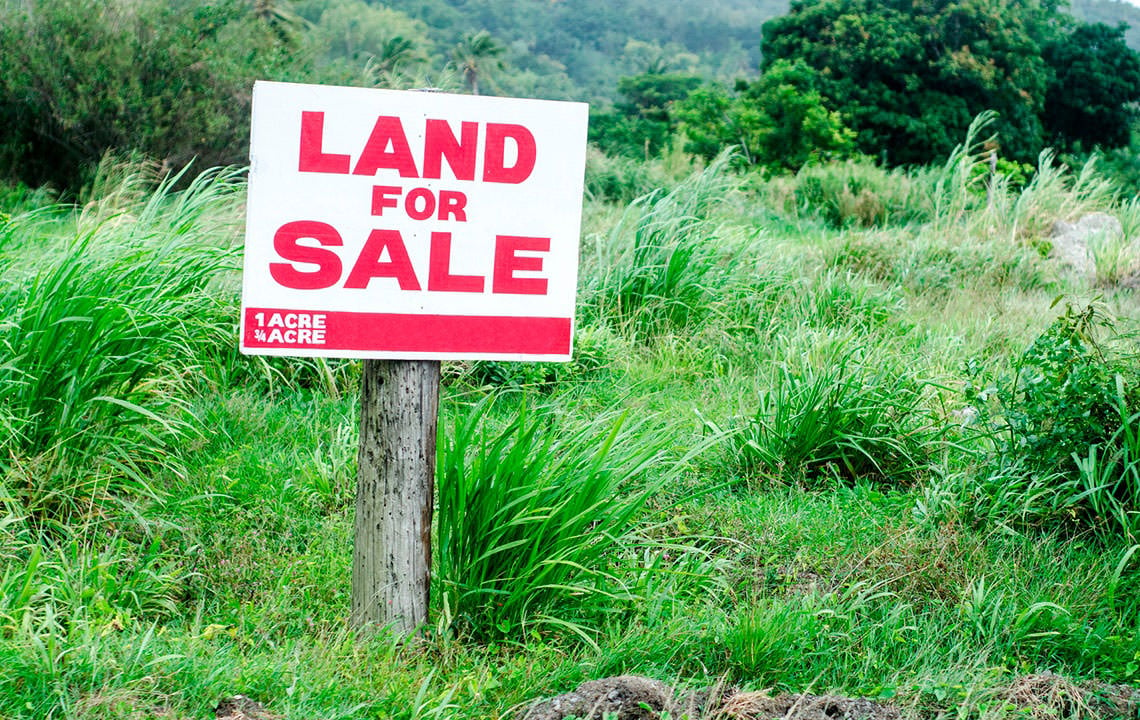The Comprehensive Guide to Buying Land in Kenya: A Step-by-Step Process

Investing in land is an excellent opportunity to secure your financial future, and Kenya, with its diverse landscapes and booming real estate market, presents an enticing option. However, navigating the process of buying land in Kenya can be complex, especially for first-time buyers. In this comprehensive guide, we will walk you through the step-by-step process of buying land in Kenya, ensuring that you are well-informed and prepared for this significant investment.
Define Your Objectives and Research: Before embarking on the land buying journey, it is crucial to clearly define your objectives. Determine the purpose of the land purchase, such as residential, commercial, or agricultural use. Research the location, considering factors such as infrastructure, amenities, and future development plans. This groundwork will help you narrow down your options and focus your search.
Engage a Qualified Real Estate Agent: To navigate the Kenyan real estate market effectively, it is advisable to engage a qualified real estate agent or lawyer. Seek recommendations, check their credentials, and choose someone with a strong track record and local market knowledge. An agent will guide you through the process, assist with property search, verification, and negotiation, and ensure compliance with legal requirements.
Verify the Land Ownership and Title Deed: Land scams are not uncommon in Kenya, making due diligence vital. Request the seller to provide the original title deed for verification. Cross-reference the title deed details with the Ministry of Lands' online portal to ensure its authenticity and confirm the owner's details. Engage a lawyer to conduct a comprehensive search at the Land Registry to verify the property's ownership and ascertain whether there are any encumbrances or legal issues.
Conduct a Physical Site Visit: Once the preliminary verifications are complete, schedule a physical site visit to the land. Assess the terrain, access to roads, proximity to utilities (water, electricity, sewage), and neighboring properties. This visit will help you evaluate the suitability of the land for your intended purpose and identify any potential challenges or restrictions.
Engage a Licensed Land Surveyor: To establish the accurate boundaries of the land, engage a licensed land surveyor. They will conduct a detailed survey, demarcating the boundaries and providing a survey plan. This plan will be crucial during the transfer process and for future development or construction on the land.
Negotiate and Draft Sale Agreement: Once you have finalized your choice of land, negotiate the terms of the purchase with the seller. Seek legal advice to draft a comprehensive sale agreement that includes all relevant details, such as purchase price, payment terms, completion period, and any additional conditions. Ensure that the agreement is fair, protects your interests, and complies with Kenyan laws.
Perform Land Searches and Obtain Consent Documents: Before completing the transaction, conduct relevant land searches to confirm the land's status, including outstanding rates and taxes. Additionally, if the land falls under a group ranch or community land, obtain consent documents from the relevant authorities or community representatives.
Complete the Transaction and Transfer of Ownership: With all the necessary documentation and approvals in place, complete the transaction by settling the agreed-upon payment. Engage a lawyer to oversee the transfer process, including stamp duty payment, land registration, and updating of the title deed with your details as the new owner.
Buying land in Kenya can be a rewarding investment if approached with diligence and proper understanding. By following the step-by-step process outlined in this guide, you can navigate the complexities of land acquisition, mitigate risks, and ensure a smooth and successful purchase. Remember, working with professionals, conducting thorough due diligence, and seeking legal advice are essential to protect your interests and make informed decisions. Happy land hunting
